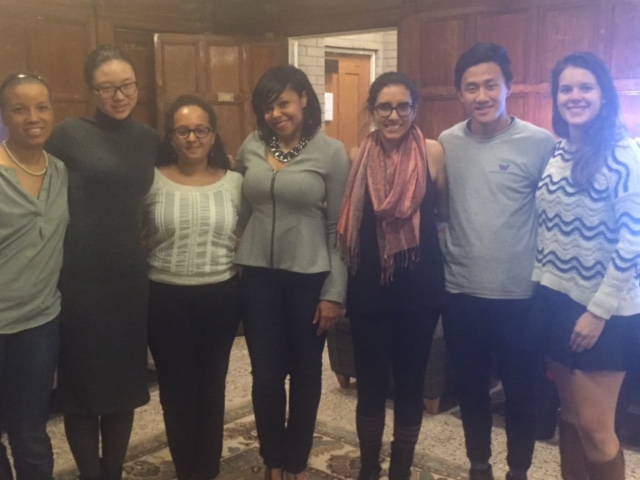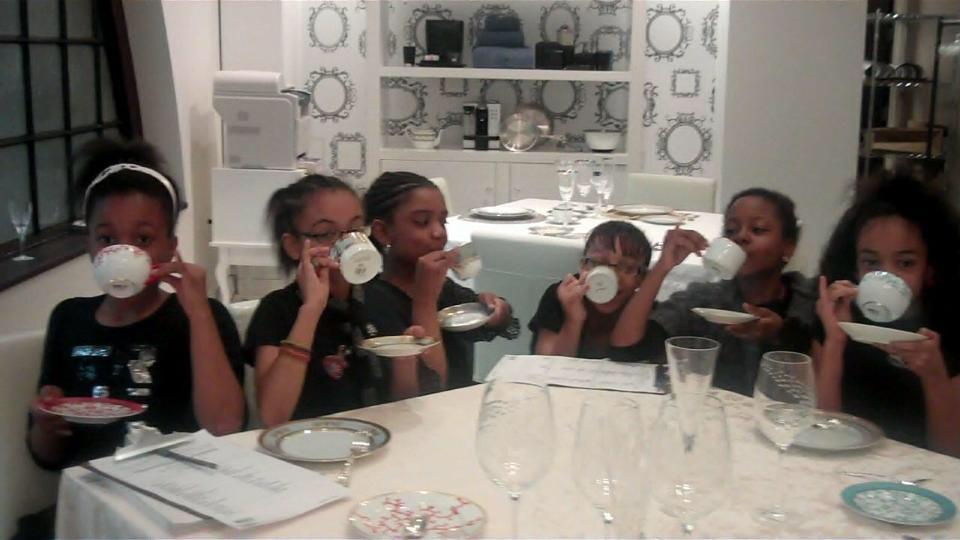Last month, in a keynote address to the Congressional Black Caucus Foundation, President Obama said what many of us who work with girls and young women have been long waiting for! In his speech, the President vehemently declared that the crisis impacting black youth in urban America isn’t just impacting black boys, but black girls are under fire as well. He noted that although his “My Brother’s Keeper” initiative has been vital to bringing attention and challenges faced by black boys in this county, there are dire opportunity gaps also exist for black girls. Obama highlighted that African-American girls are more likely than their white counterparts to be over suspended from school, incarcerated, physically harassed. He mentioned black women also struggle daily with society’s oppressive standards how they’re supposed to dress and act.
For professionals and advocates such as myself who have been servicing African-American girls, this was like music to our ears. Much of my responsibility in my role as the leader of Polished Pebbles Girls Mentoring Program is not only to provide mentoring services to girls, but make sure the larger community, and public, is aware of the economic, educational, and social disparities they face in their daily lives. But, in six years of mentoring predominately black girls I’ve learned that most people are really unaware of the challenges of growing up as a black girl in urban America. For example most don’t know that in large cities like New York, black girls are 53 times more likely to be expelled from school than white girls. But, in the face of tough economic times, where individuals and families are doing their best to survive their own financial hardships, and with global campaigns and efforts more focused on finding solutions for the disparities of girls and women in third world countries, it’s easy to see how black girls living in our own backyards are often ignored.
So, when I received my invitation from the Duke University Women’s Center to serve as a SHEntrepreneur in residence, and talk about my experiences building Polished Pebbles as a social enterprise, I thought my assignment seemed to be pretty simple. I figured that if go, and talk about my Polished Pebbles story, and the challenges black girls face living in inner cities. Seemed pretty straight to the point and a typical task for me, but, I didn’t realize how wrong I was.
Of my several speaking engagements on campus last week, my first was a guest lecturer for an honors women’s seminar composed of graduating female students. Prior to me beginning my presentation, the young women needed to complete individual presentations that were started in the previous week’s class. The assignment was to map out their future paths towards achieving various short & long-term personal and professional life goals. These wonderful presentations varied from poster boards with flow charts, picture collages, Power Points, and one student even presented her life’s path like the timeless board game “Chutes and Ladders.” They talked about their game changing career goals in solving the health disparities in their home countries, and changing the economic policies that impact the wealth gap in our country. The creativity, individuality, and diversity represented in the presentations was remarkable. But, it was nothing but a reflection of the diversity of the young women in this course who came to study at Duke representing different races, cultures, ethnicities, religions, and hailing from different parts of the US & the globe.
But, despite all this diversity in the room, there was one troubling universal theme that I observed. As I was sitting there listening to these young women rationalize the heights that they want their careers to go, I noticed far too many of them quickly, placed self-imposed roadblocks, and limitations on those same awesome aspirations. Some of the them shot down their own goals before they even completed their statements. I heard things like “I need to have all this done by the time I turn 30”; “Well, I won’t be able to do this if I have kids”, “I want to focus on this area of study, but I’ve been told that I’d face fewer obstacles and objectives if I go another route.” I couldn’t believe what I was hearing it almost felt like a flashback to almost 15 years ago when I was sitting in their same seats as a graduating senior at Howard University. It was then, when I was 21 years old, that I was unnecessarily overcomplicating life by trying to figure out how I could balance a career and a family, I didn’t even have yet! I now can look back at my young perspective and poke fun it. But, listening and observing girls and young women push back on their dreams and aspirations, because of society’s limitations, their culture’s limitations, their “mama’s” limitations is unfortunately all too familiar for me.
So, my talk that day at Duke, with this group of young women, wasn’t just about my experiences as an entrepreneur running my organization Polished Pebbles. Nope, my talk that day started off about how in my own career, when I was younger, I often defied all the “shoulds” society often sets upon young women. And, somehow, I still turned out to be pretty darn happy at 36 yrs. old. Yep, I shared with them that my career didn’t follow the perfect pattern I originally planned. I’ve changed industries, quit jobs, got terminated from jobs, still not married, still no kids, but I’m happy. I expressed to them that this chorus of seeming “organized noise” of my 20’s and 30’s has really started to turn out to become of perfect symphony of seeming imperfections that has led me to the success that I experience today. Yep, so pretty much, I thought my visit to Duke University would give me a break from being KellyFairTheMentor, and I would be speaking about my experiences as an “esteemed” entrepreneur. But, my talk even at Duke University ended being a mentoring session of sorts.
What my visit to Duke University taught me was whether I’m working with young women living in poverty on the south side of Chicago, or recent graduates of the nation’s top universities, all too frequently young women accept the limitations that society places on girls’ and women’s ability to “have it all!” What I really learned that day is that no matter where they’re from, or how their experiences may differ, all girls have dreams, goals, potential, and hope… because THEY’RE ALL THE SAME GIRL. But, it’s our responsibility as the mentors to make sure that EVERY girl believes in her capability of achieving each one of those dreams!

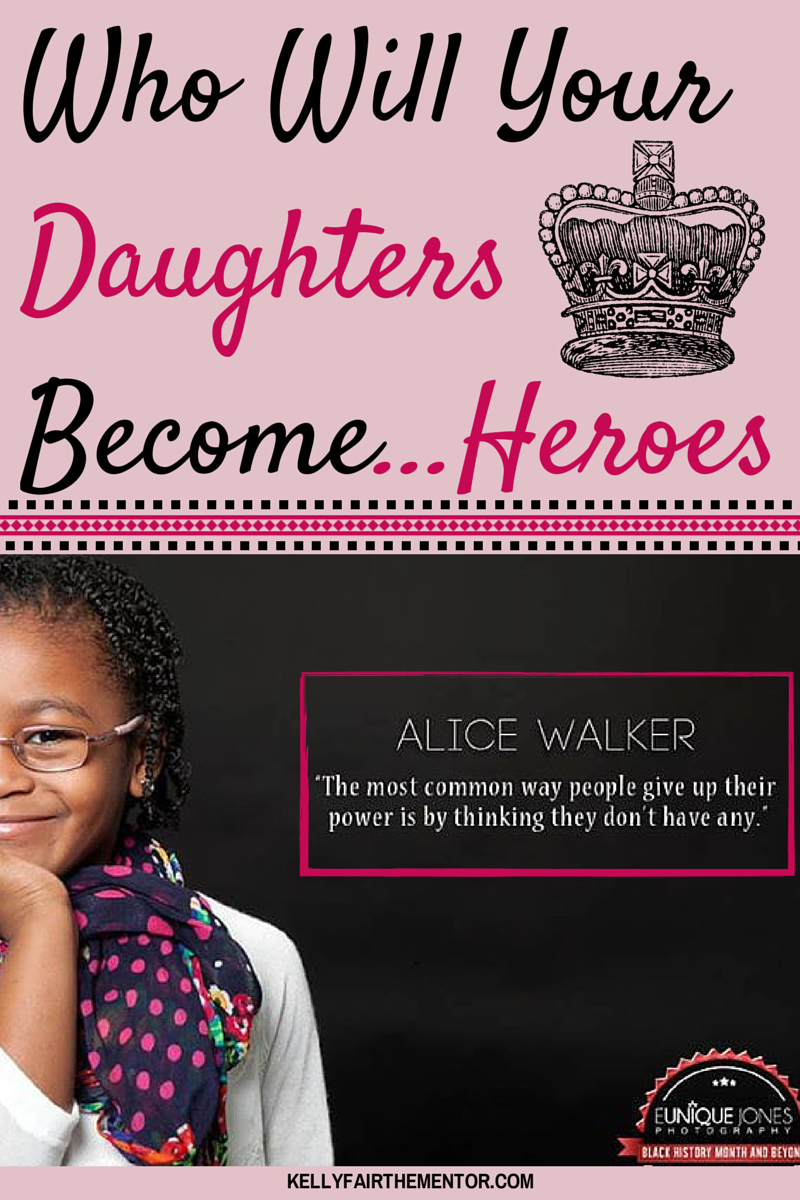
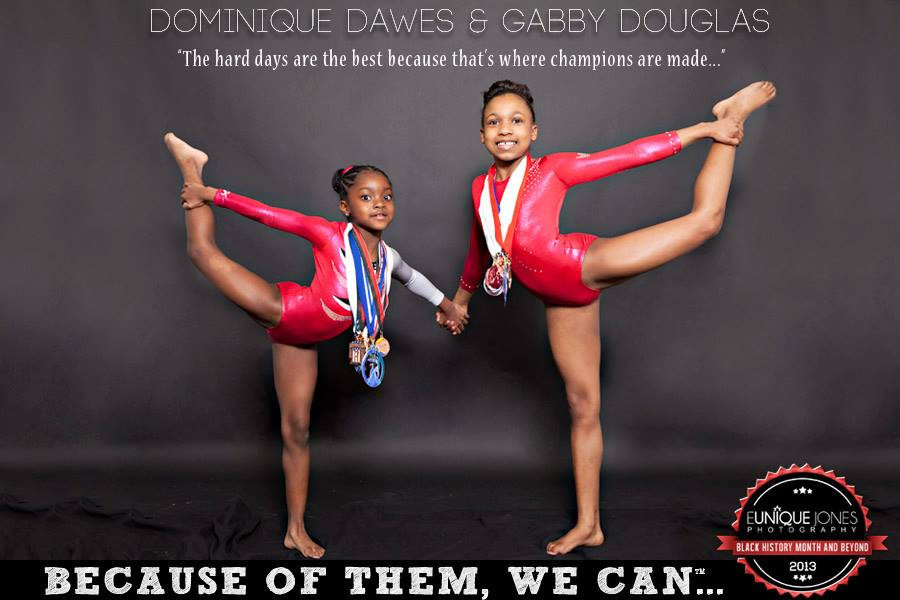
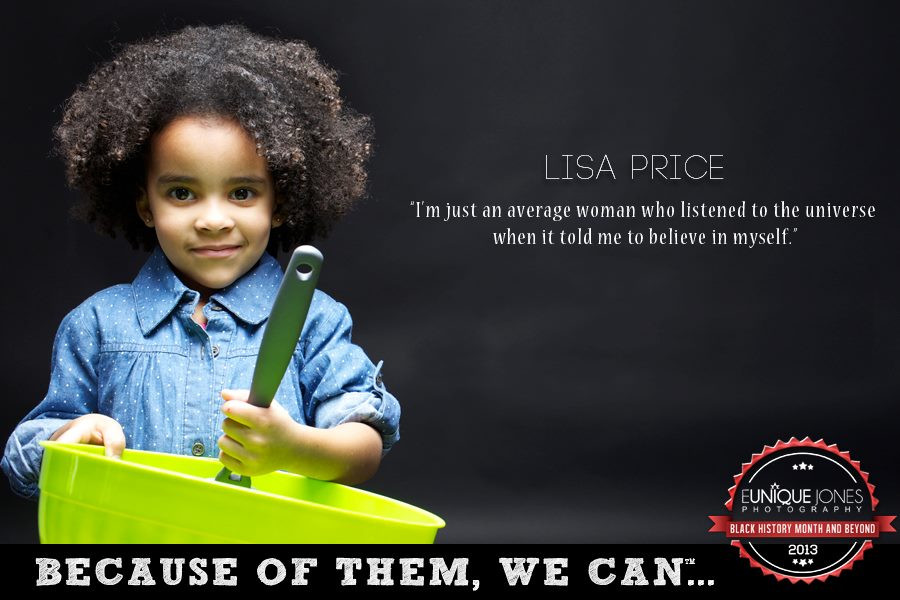
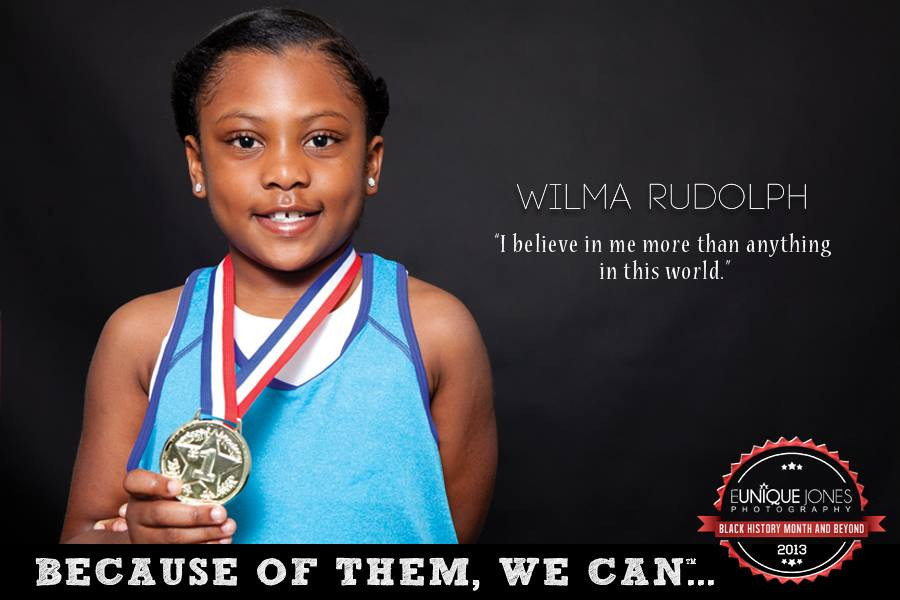
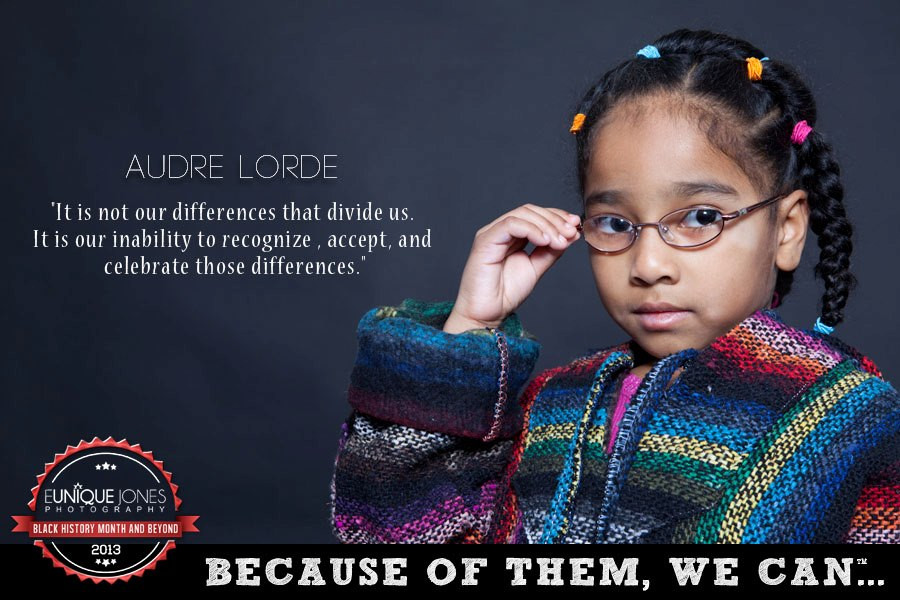
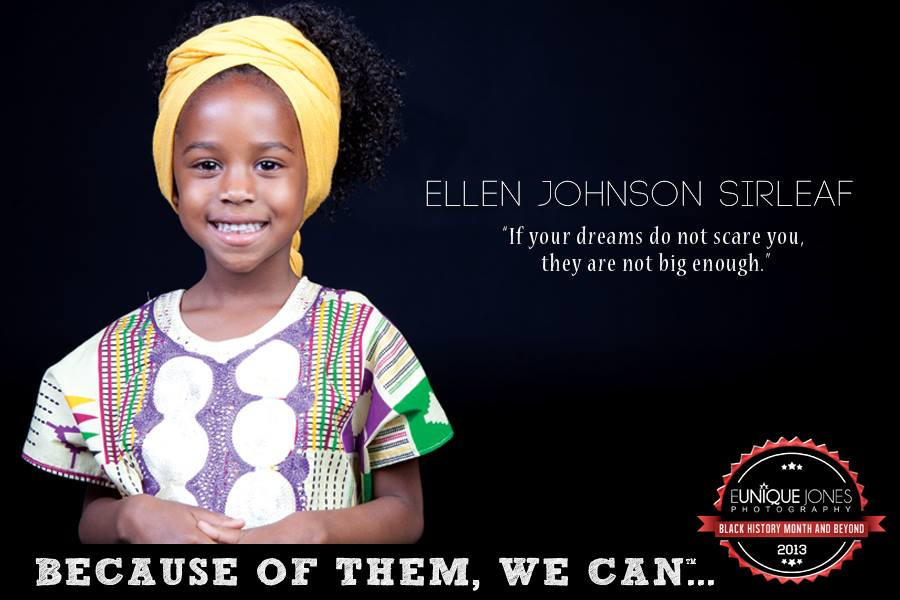
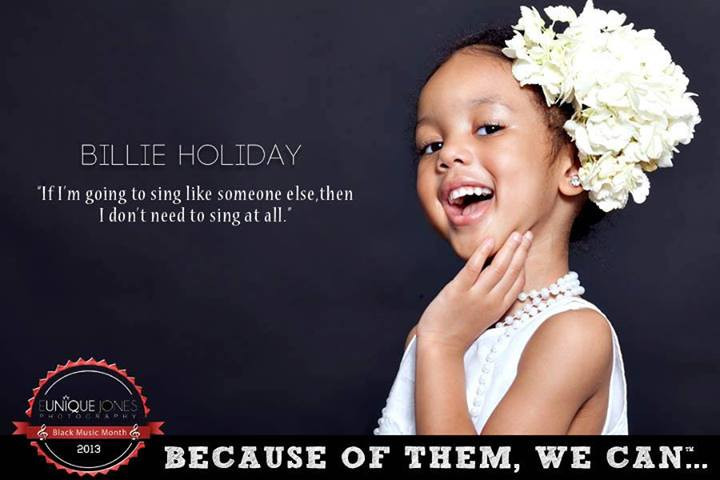
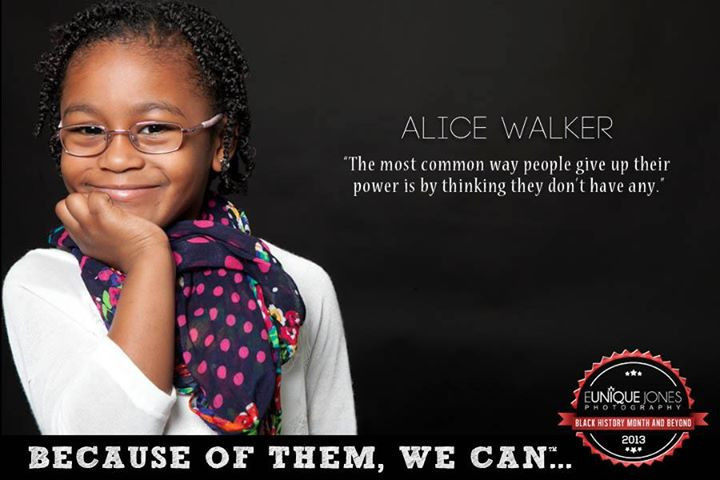
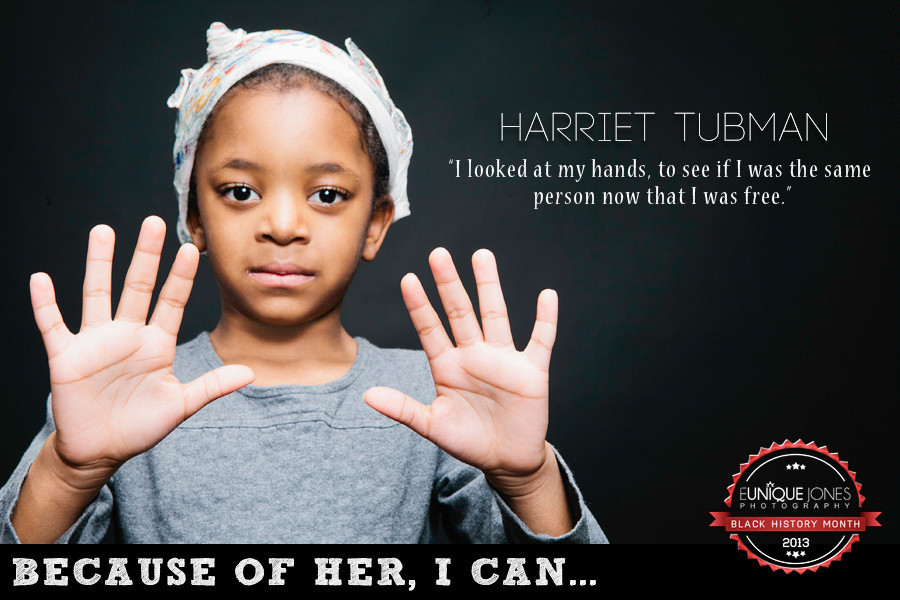
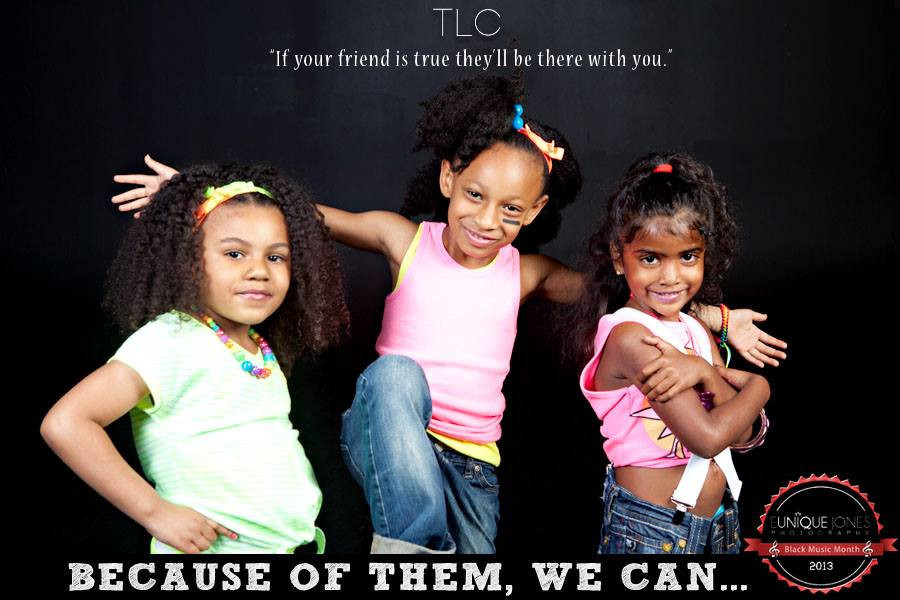
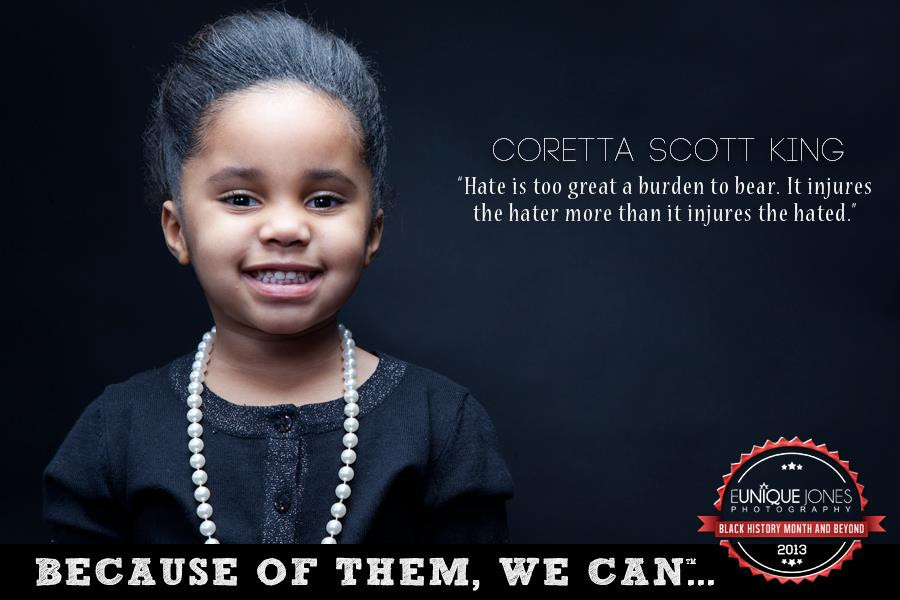
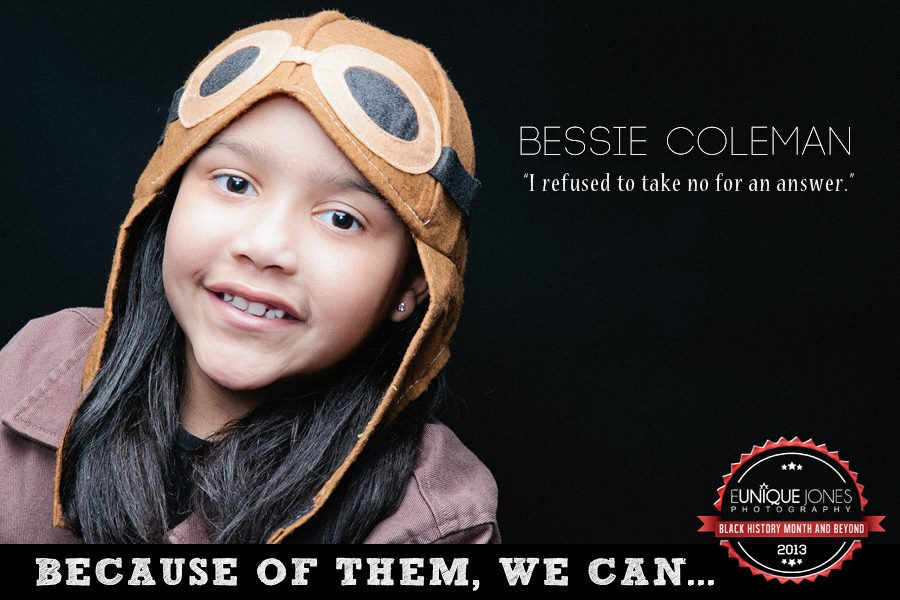
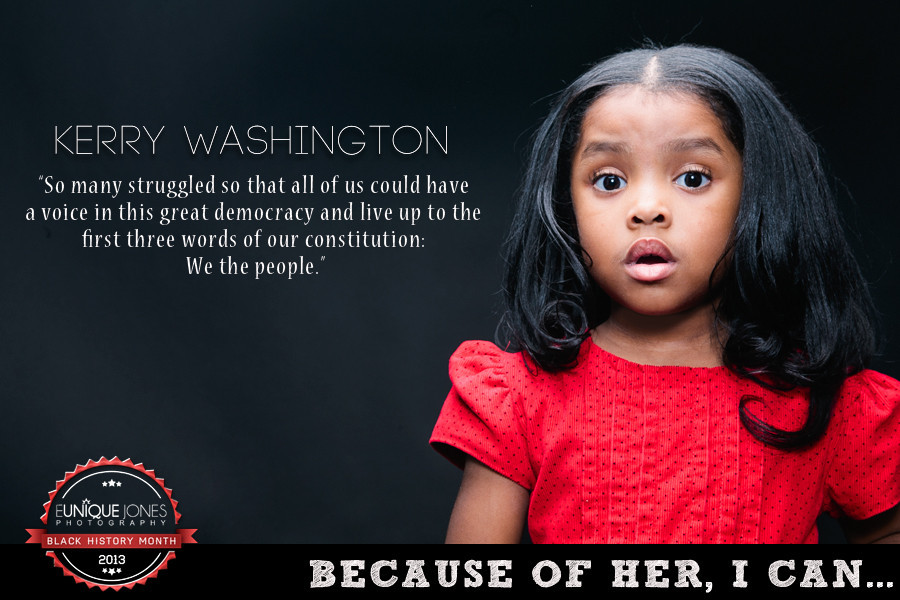
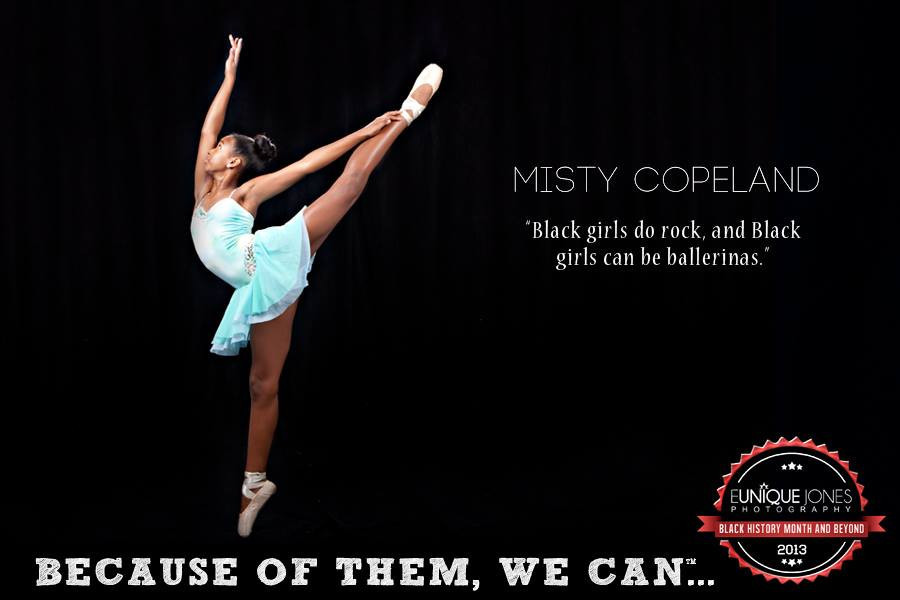
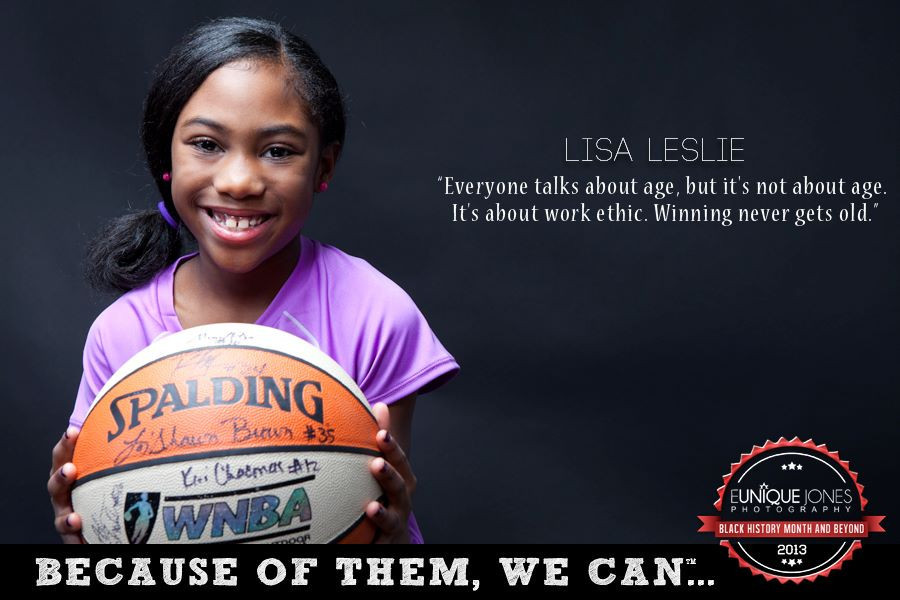
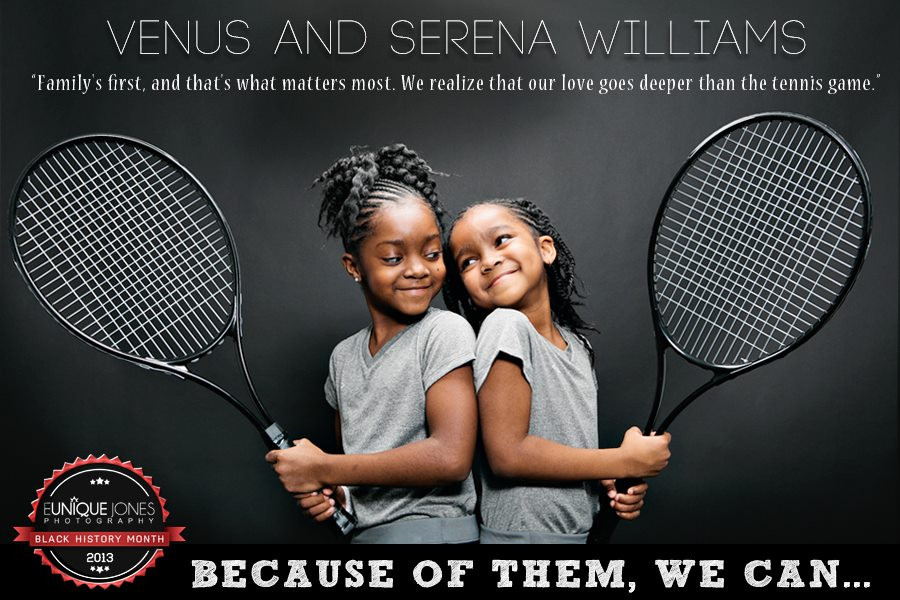
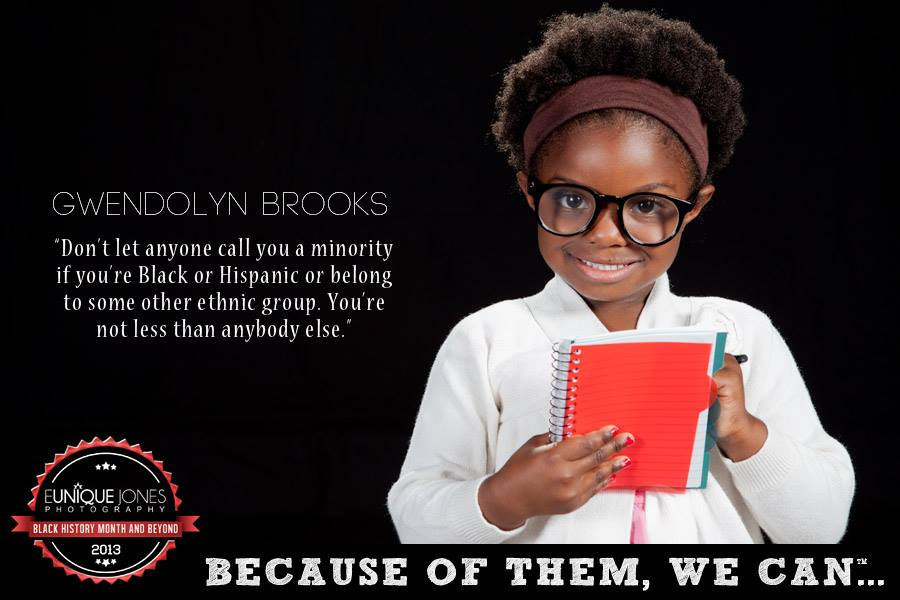
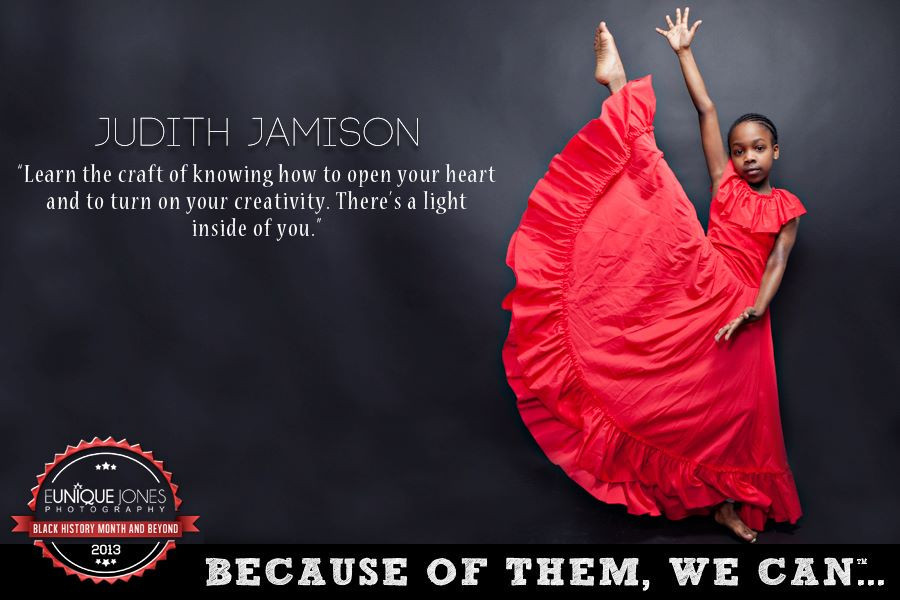
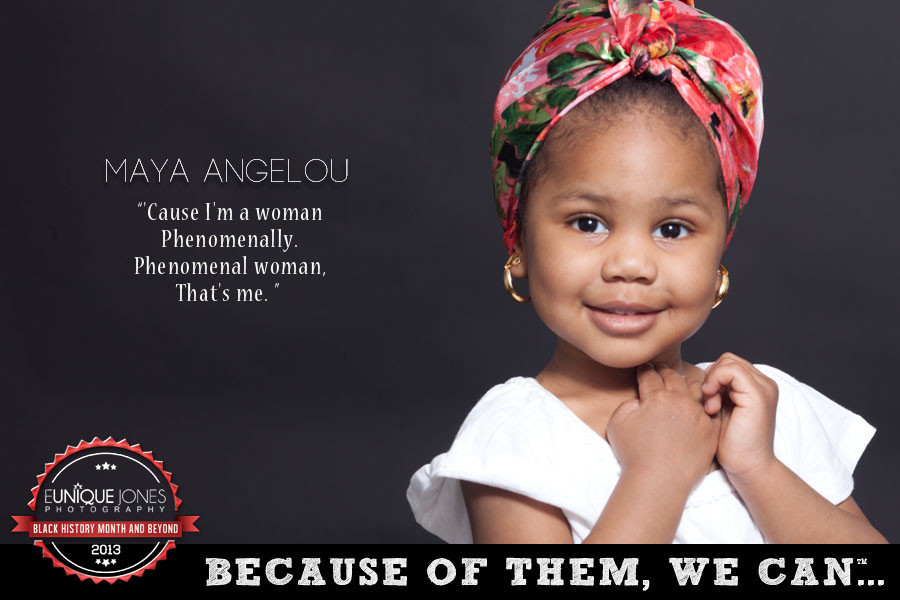
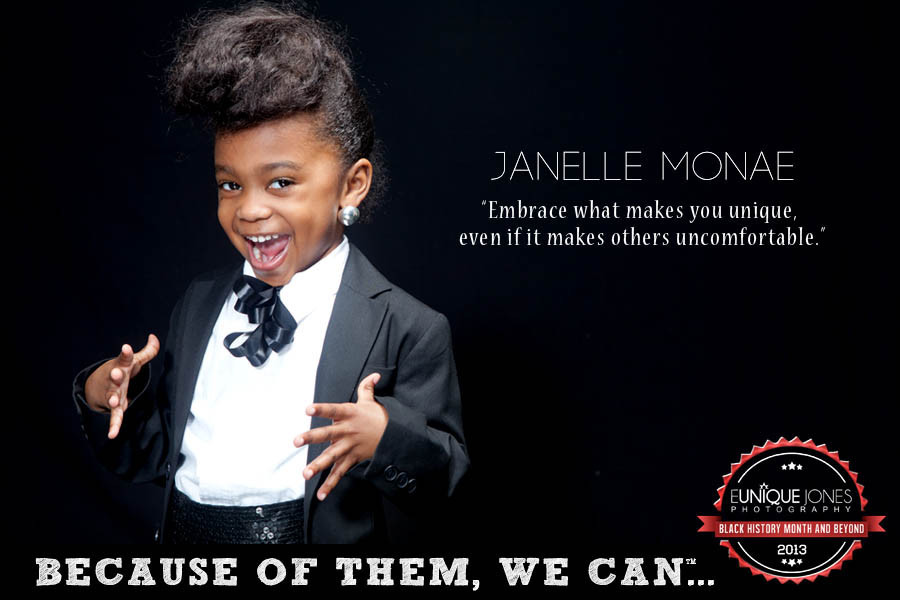
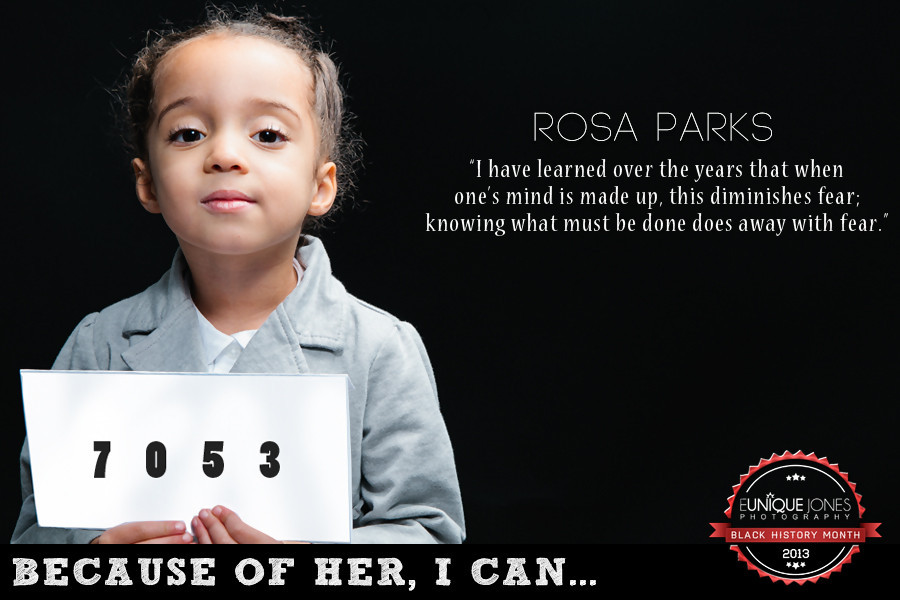
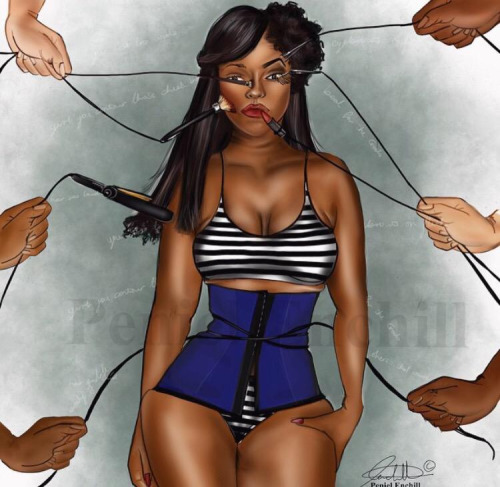




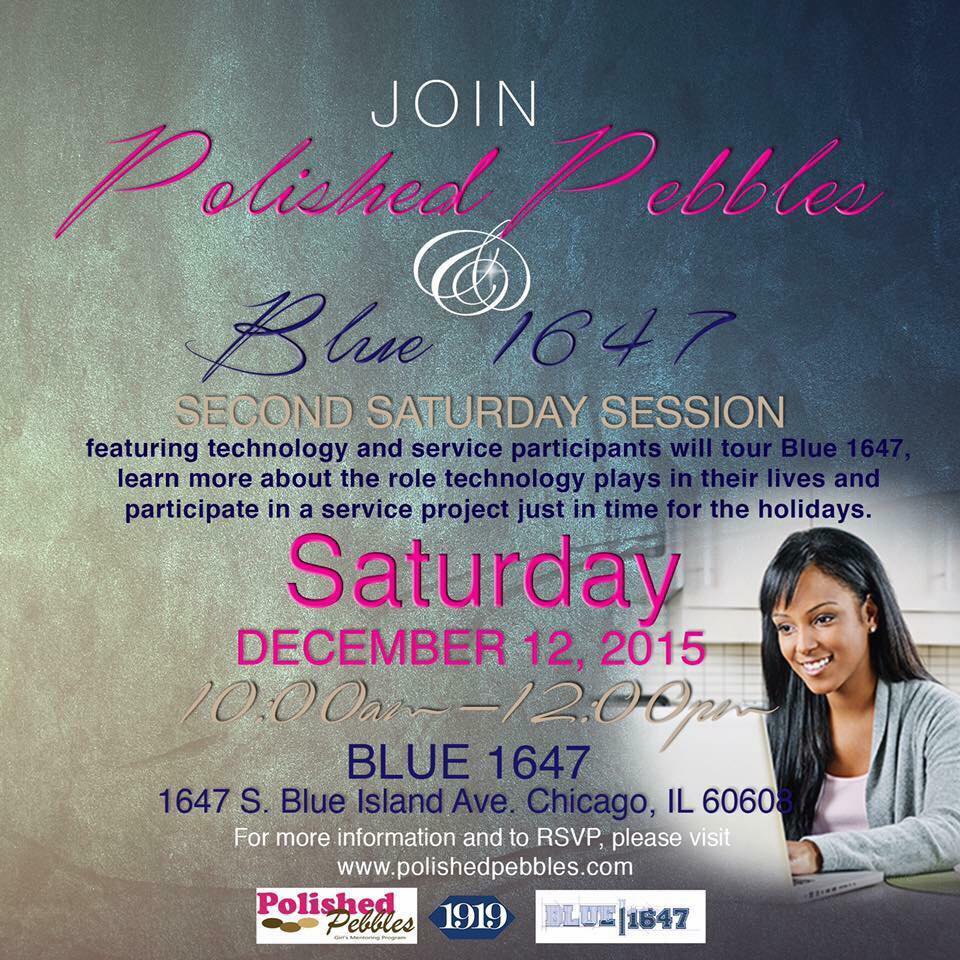

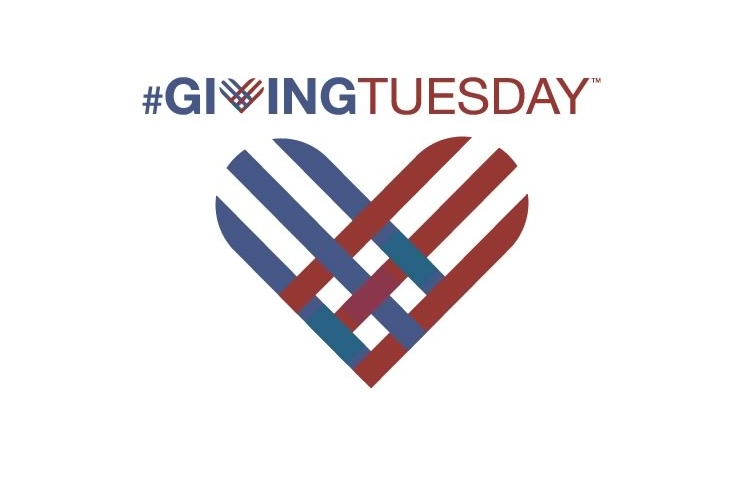



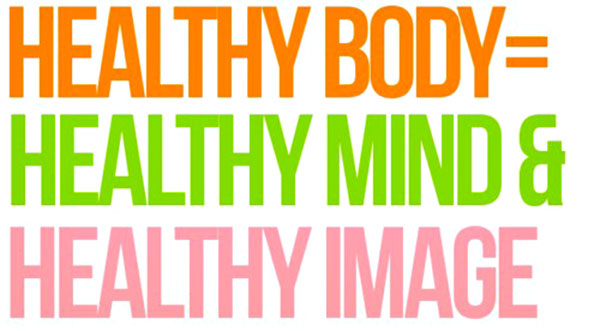


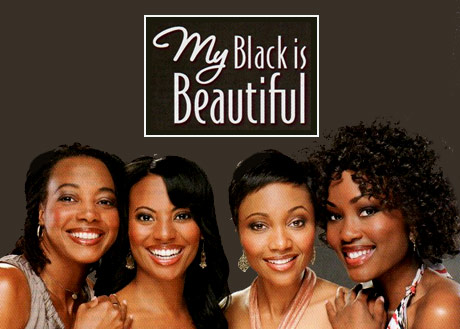
 shape, and skin tone are idealized. According to
shape, and skin tone are idealized. According to 

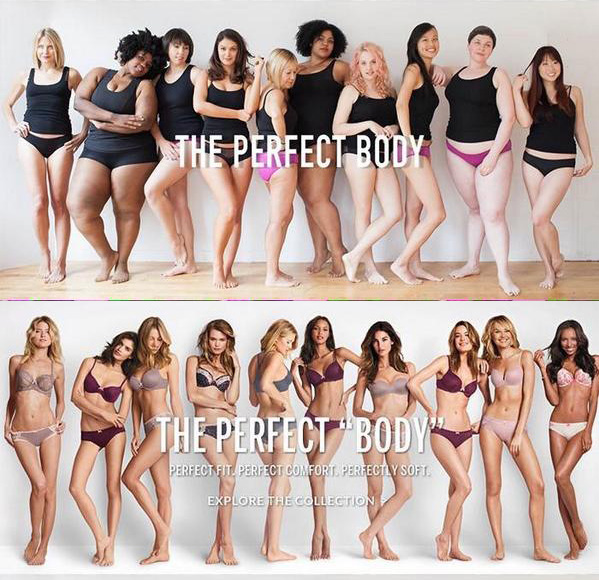
 Have a conversation. To really be able to understand what is going on with your daughter, you have to know what she is thinking. Engage her in conversation about body image and health. The more comfortable she is sharing with you, the more likely you will know if her thoughts or behaviors become unhealthy.
Have a conversation. To really be able to understand what is going on with your daughter, you have to know what she is thinking. Engage her in conversation about body image and health. The more comfortable she is sharing with you, the more likely you will know if her thoughts or behaviors become unhealthy.